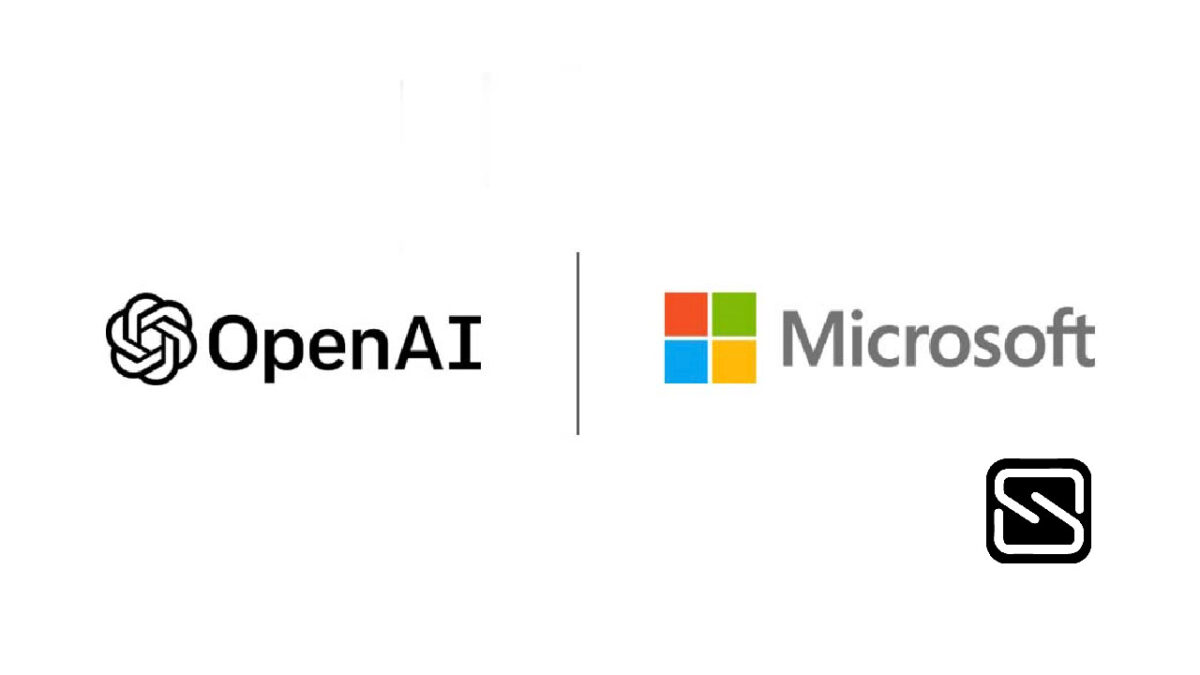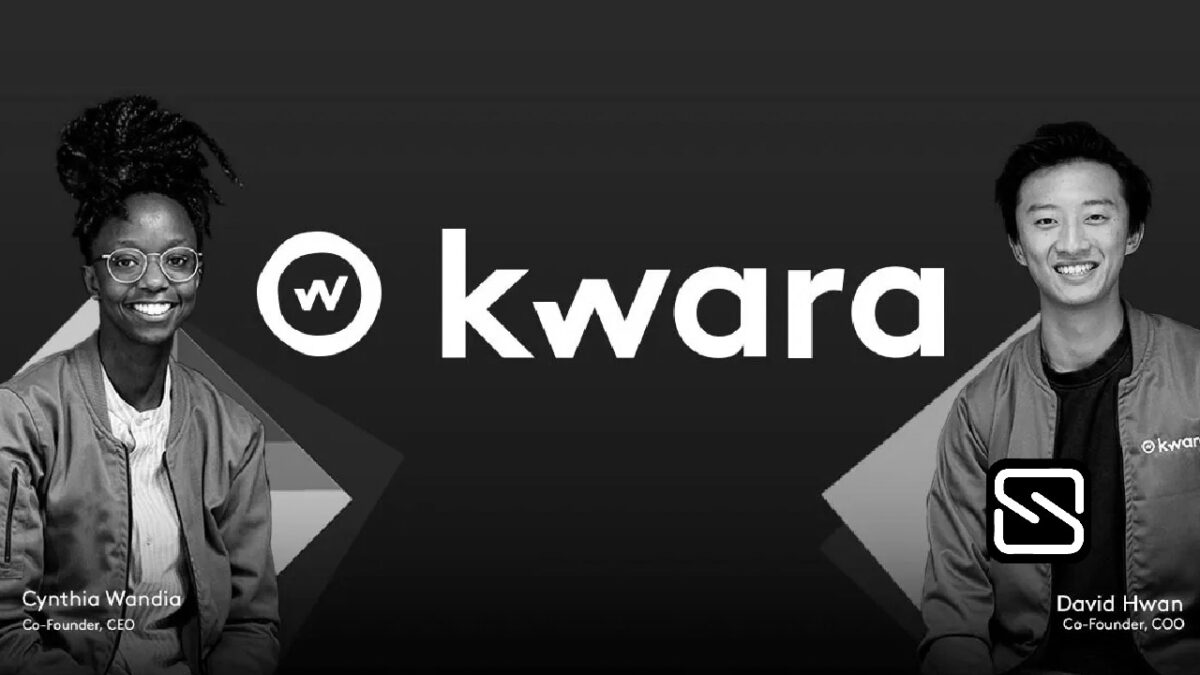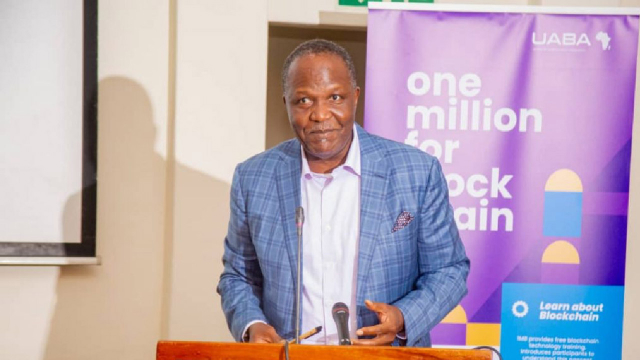In order to advance its publishing and digital content creation platform in Africa, which its backers claim is ready for Web3 adoption, mobile game publisher Carry1st has closed a $27 million funding round.
Bitkraft Ventures, along with Andreessen Horowitz, also known as a16z, and other investors, led the $27 million funding round. Additionally taking part in the funding round were TTV Capital, Konvoy, Alumni Ventures, Lateral Capital, and Kepple Ventures.
The most recent agreement was reached a year after Carry1st received $20 million in funding from a16z and Alphabet, the parent company of Google. When the funding was announced, Carry1st stated that it would be used to increase internal capability and broaden its content offering. This included looking into Web3 play-to-earn gaming and how nonfungible tokens could be incorporated into the gaming experience.
According to a Carry1st spokesperson, the most recent funding will be used to enhance the functionality of Pay1st, the company’s monetization-as-a-service platform that enables independent publishers to generate more revenue in Africa.
Carry1st offers a full-stack solution for managing and monetizing mobile games on the African continent as a game publisher. The business teamed up with League of Legends developer Riot Games, based in Los Angeles, in 2022 to test local payments for its video game titles in Africa.
One of the world’s markets for digital assets with the fastest growth is now Africa. The International Monetary Fund (IMF), which published a report in November highlighting growing uptake in places like Kenya, Nigeria, and South Africa, has taken note of the continent’s foray into cryptocurrency. The IMF reported that cryptocurrency transactions on the continent peaked at $20 billion per month in mid-2021, citing data from Chainalysis.
Africa’s young population, poor economic management by the Government, and dearth of effective banking infrastructure are driving factors in the adoption of cryptocurrencies. More people are choosing decentralized payment systems like Bitcoin as a result.
A Carry1st spokesperson responded to Cointelegraph’s inquiry about the potential for Web3 adoption in Africa by saying that while the continent is not unique in its appreciation of gaming, mobile technology will play a role in democratizing access.
He stated, “Games are the dominant form of media pretty much everywhere in the world. We don’t believe that Africans are fundamentally different from anyone else in the world — we all need to have fun, connect with others and feel a sense of personal progression.”
“Mobile democratizes access to games such that a person doesn’t need a $1,000 console to enjoy, they can use a gaming device which already exists in their pockets. As a result, mobile gaming adoption has been soaring in Africa due to awesome demographics, increased smartphone penetration, and rising incomes,” he added.









